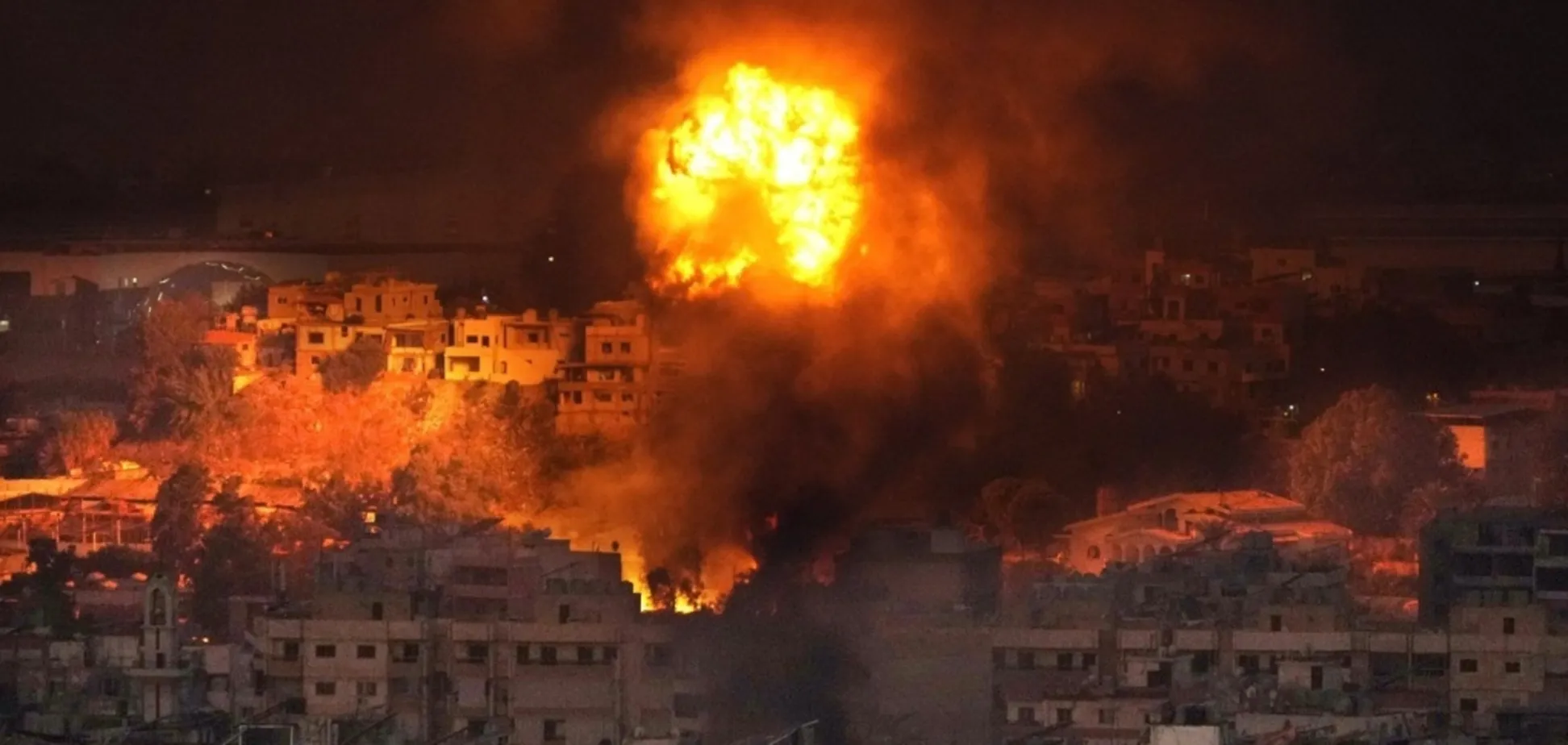On the night of October 1st, the Israeli army announced the start of limited raids against the Lebanese group “Hezbollah”. These operations are being carried out in the border areas of southern Lebanon, where, according to the Israelis, there is a direct threat to their communities. The Israeli Defense Forces stated that the strikes are based on precise intelligence and aimed at eliminating terrorist threats.
Local sources report that the shelling began in border villages, such as Ait-esh-Shaab, where explosions were heard and helicopters and drones were seen. After this, reports emerged of strikes on settlements in southern Lebanon and the evacuation of civilians. Is this a new wave of tension that could escalate into a large regional conflict? Let’s dive deeper into the situation.
Objectives of the Military Operation
The main goal of the Israeli operation is to eliminate the terrorist threat posed by “Hezbollah”. This Lebanese organization is supported by Iran and has long opposed Israel in various military conflicts. The militants actively use southern Lebanon as a platform for attacks on northern Israel. Israel has been pursuing a policy of containing “Hezbollah” for many years, but this new escalation indicates the threat of further conflict.
To make it clearer, this operation can be compared to what is currently happening in the Kursk region. The goal of the Ukrainian army is roughly similar to the Israeli side’s goal. The idea is to attack the enemy unexpectedly on their own territory. On one hand, this gives a significant advantage, but on the other, it carries many risks, such as escalation and the spread of conflict with the involvement of new parties.
In addition to attacks on “Hezbollah” positions, the Israeli army struck a large Palestinian refugee camp, Ain al-Hilweh, located near the city of Sidon. According to Palestinian officials, the target of the attack was Munir al-Makda, the leader of the military wing of the Fatah movement. Strikes were also carried out on the southern suburbs of Beirut, where, according to Israel, “Hezbollah” facilities are located.
How Lebanon is Reacting
Lebanese officials condemn Israel’s actions and accuse it of aggression. Lebanon’s Ministry of Defense reported that at least 95 people have been killed in the past 24 hours due to Israeli strikes, with another 172 injured. Active evacuation of the population from border areas is underway, and the country’s political leadership is seeking international support to halt the violence.
Analysis: What This Means for the Region
The conflict between Israel and Hezbollah has a long history, but the recent escalation in southern Lebanon raises serious concerns. Hezbollah remains a key player in Lebanese politics, possessing significant military strength backed by Iran. Israel, on the other hand, is actively trying to curb Hezbollah’s influence in the region and its ability to attack Israeli territories.
Risks escalate as Iran could also intervene in the conflict, supporting Hezbollah with weapons and finances. In turn, Saudi Arabia, a key ally of Israel in the region, may intensify its diplomatic efforts to contain Iran. The main question now is how far this conflict will escalate and whether it could draw in other countries.
Consequences of the Operation for International Politics
The international community is not rushing to intervene in the conflict yet, although some countries, including the US and EU, have called for de-escalation. For Israel, this conflict could be decisive in combating Iran’s influence on the southern border. However, a prolonged war in Lebanon could lead to a humanitarian catastrophe and further weaken the Lebanese state, which is already experiencing a political and economic crisis.
This situation will also impact Russia’s positions, as it supports both Iran and Syria. It could use this conflict as a way to strengthen its influence in the region and weaken the positions of the US and Israel.
Is There a Threat of a Large-Scale War?
Currently, this conflict appears to be another escalation of tension between Israel and Hezbollah. However, with the involvement of other regional players, it could escalate into a larger conflict. Israel shows no signs of backing down and is prepared for further attacks on Hezbollah targets. Whether this will lead to a Third World War remains to be seen. But one thing is certain, the situation in the Middle East remains one of the hottest spots in the world.


